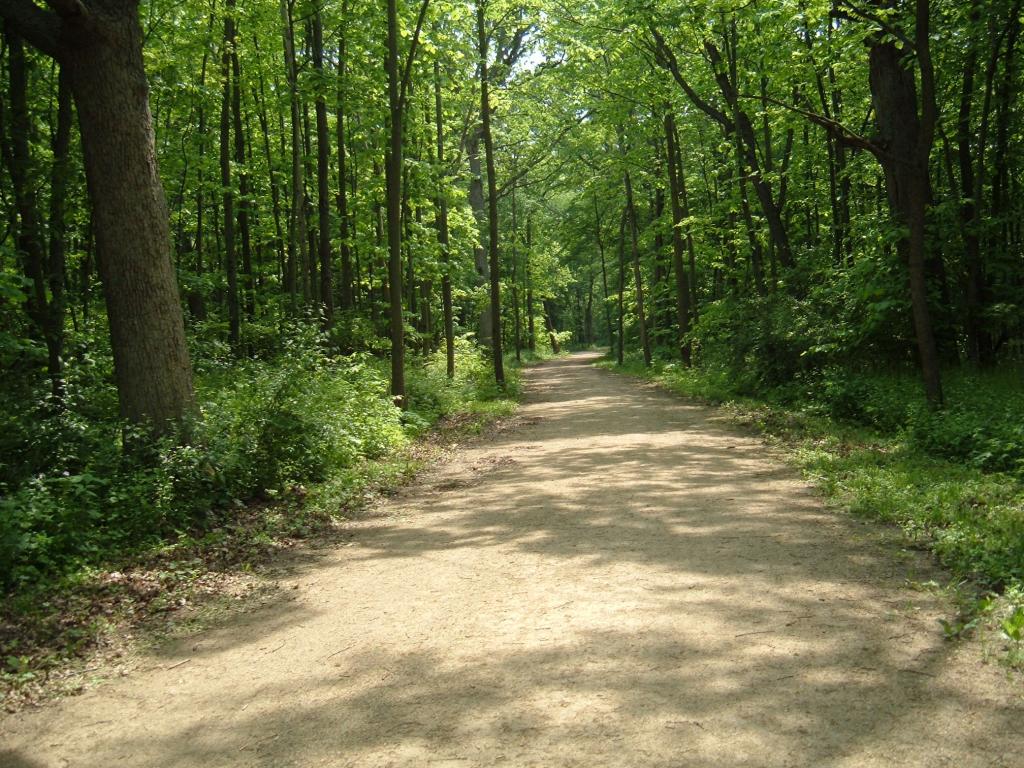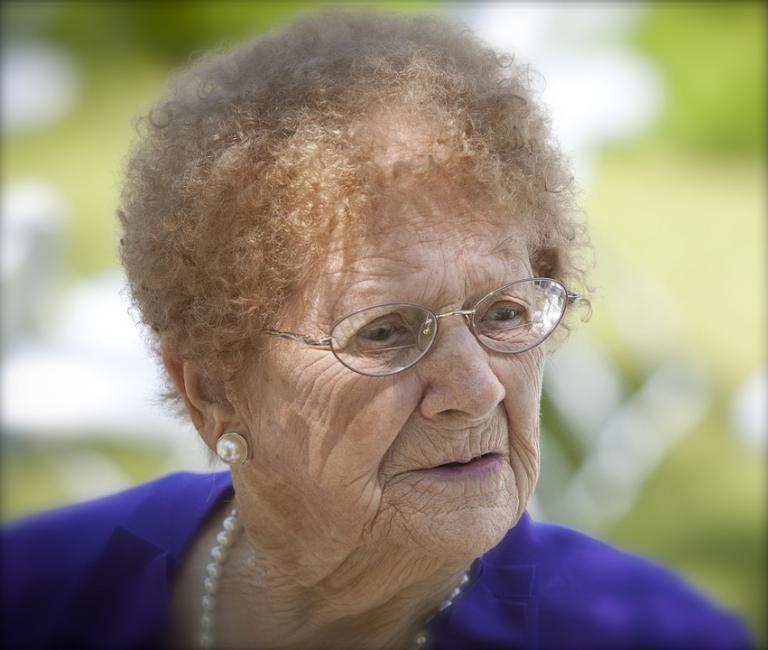Say you were, oh, I don’t know, 75 or so, and aging hasn’t treated you well. Let’s say that you’re recovering from an injury and you can make it short distances but can’t drive — for the next several months for sure, and maybe longer, because even once you’re medically cleared by your doctor, how are you going to walker your way to the car, and put the walker in the back seat, and then hop back into the car? And you live in the house you raised your children in, a colonial in a traditional suburban subdivision, half a mile from the nearest bus stop, and so far your wife drives you to your doctors’ appointments and other errands, but you really don’t like being trapped at home without the ability to go anywhere on your own.
What do you do?
Would you consider moving here?
It’s a nice building. Sure, it’s not as big as your house, and you’d have to give up your backyard for a balcony, and there’s no basement for a lifetime of accumulation of stuff, and you have to pay a monthly association fee.
But it’s in a nice suburban “downtown” area, a block away from the library, and from city hall (which hosts a number of senior activities like card games; the actual senior center is a mile away). There’s not a grocery store in walking distance, but there’s a bakery, and a number of restaurants, including a breakfast place and a sub shop. And it’s a a block from a bus stop (running M – F, hourly) which goes to the aforementioned senior center and to the Y and even, if you take it to the end of the line, to the hospital. Heck, if you’re ambitious, you can walk another block to the train station, though admittedly there’s not much you could do in the city if you’re not up to walking.
Or maybe this:
This is the townhouse option at a local retirement community; there are also midrise condos connected to a central community building, which provides a fitness center, a pool, arts and crafts rooms, a wood shop, rooms for cards and other social events, a chapel, and other activities; there’s also a Wellness Center staffed by nurses, a barber shop, bank, drug store, small convenience store, and two restaurants. In this particular variation, residents buy into the community similar to “co-op”-type ownership, and pay a monthly fee. There is a nursing home on the same campus, but there is no financial connection between the two (this isn’t a CCRC, where you’d pay a hefty entrance fee and a bigger monthly fee which covers housekeeping and a number of meals as well, and in return are guaranteed access to the on-site nursing home and the promise of continued residence even if assets are exhausted, but that’s fine — it’s pretty much out of the question that you’d consider paying an entrance fee rather than being able to own your unit — or your “share” — outright).
Now, obviously, I’m writing this with respect to my own family situation*, but it’s a bigger issue. I’ve griped before that I thinking the efforts we spend helping the elderly stay in their homes, rather than finding them more “senior-friendly” homes, is better put to use in other ways. (“I’m sorry, but “aging in place” is a piece of *@!%.”)
But it’s not just as simple as eliminating the stay-in-your-house subsidies, such as the senior freeze for property taxes or the numerous programs assisting seniors with yard work or home maintenance, or the taxi-like senior transportation assistance for suburbs without mass transit, because we’re missing the infrastructure, the senior-friendly buildings for seniors to move to, that provide easy access to services. And you know what? I think that retirement communities are a fine option, and I don’t get all high-and-mighty about the disadvantage of not being around young people, but they’re either subsidized or frickin’ expensive. And even the condo above — in order to get a new spacious condo, in a desirable area, with underground parking and an in-unit washer/dryer, that’s going to cost a few coins.
And this all goes back to my Plan B idea — that is, if we can’t boost retirement savings now and retirement income later, then we need a set of changes which will make it more possible for retirees to live on a lower income that they’re used to without severly negative impacts on their quality of life. . .
(*And this is a trick question: my folks live in the Detroit area, but these are places in suburban Chicago. Near them, housing values for single-family homes are lower, but the cost of a newer condo with the comforts of a single-family home — underground parking, in-unit w/d — and with a location near a “downtown” of some sort, is a lot higher, and consequently, a much tougher sell.)














